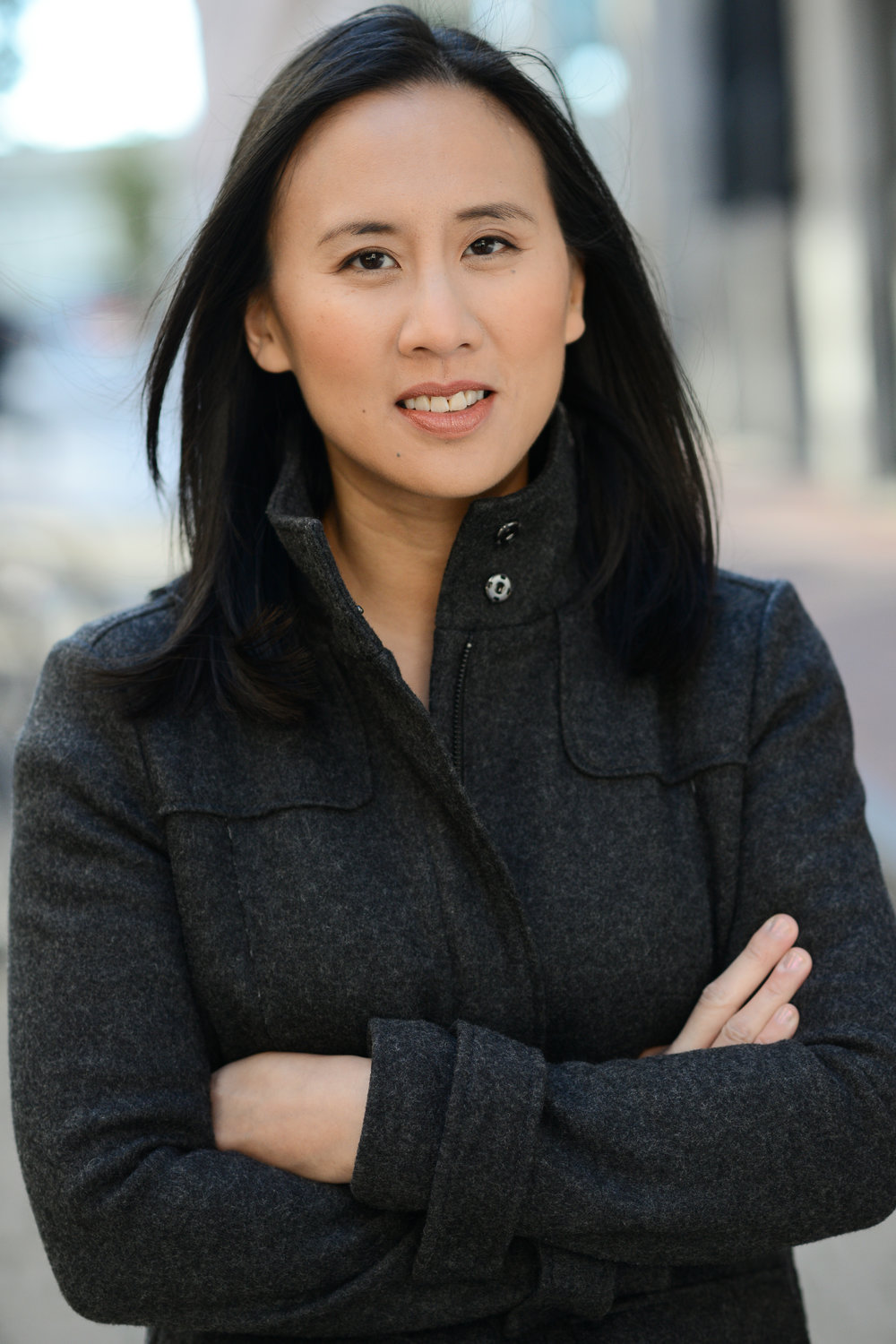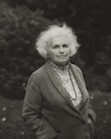 It’s currently Banned Books Week, an event sponsored by the American Library Association (ALA), the American Booksellers Association, and other book- and writing-related organizations. The purpose, according to the ALA website, is “highlighting the benefits of free and open access to information while drawing attention to the harms of censorship by spotlighting actual or attempted bannings of books across the United States.”
It’s currently Banned Books Week, an event sponsored by the American Library Association (ALA), the American Booksellers Association, and other book- and writing-related organizations. The purpose, according to the ALA website, is “highlighting the benefits of free and open access to information while drawing attention to the harms of censorship by spotlighting actual or attempted bannings of books across the United States.”
To celebrate Banned Books Week, The Wall Street Journal published an op-ed piece by Mitchell Muncy entitled “Finding Censorship Where There Is None,” which asserts that Banned Books Week is, basically, a time for overzealous First-Amendment freaks to flex their muscle. There’s no censorship in the U.S., Muncey insists, because
In the common-law tradition, censorship refers specifically to the government’s prior restraint on publication. None of the sponsors claim this has happened; the acts they have in mind are perpetrated by private citizens.
Moreover, Muncy claims, no books are banned in the U.S., either, because you can still find them somewhere:
The problem of loose language aside, we can still ask whether books are banned in this country. The obvious answer is no, if banned means something like “made dangerous or difficult for the average person to obtain.” Many books that have drawn critics’ attention have been best sellers (the Harry Potter books and Philip Pullman’s “His Dark Materials” trilogy), classics (“The Adventures of Huckleberry Finn” and “To Kill a Mockingbird”), or the work of acclaimed authors (Toni Morrison and Margaret Atwood). If a book isn’t available at one library or bookstore, it’s certainly available at another.
In fact, according to Muncy, the ALA is making a big fuss over nothing, because despite the number of complaints, very few books are actually removed from libraries:
In only 10% of the 186 cases on the map was a book permanently removed from a library. (If we add books removed from individual classrooms, we reach 16%.) If the criterion of book banning is that a book be banned—anywhere—the incidence of censorship drops about 90%. The ALA grants on its Web site that “most of the books featured during [Banned Books Week] were not banned.
Moreover, to read the ALA’s own accounts, the petitioners, losing nearly six times out of seven, accepted the adverse judgments peaceably. Those “who live in fear of discourse,” as the Manifesto has it, were evidently satisfied with the opportunity to make their case. For the ALA, what makes them censors is that they spoke up at all: “True” patriots, presumably, would have kept quiet. Who, then, is afraid of discourse?
Muncy concludes that Banned Books Week is really something much more sinister:
The ALA repeatedly emphasizes that public and school libraries are “government bodies.” Is Banned Books Week a celebration of free speech, or is it a way for government employees to bully ordinary citizens by stigmatizing those who complain (“bigots,” “false patriots,” “screamers,” “burners”)? They clearly hope future challenges simply won’t be brought. Does that make Banned Books Week an attempt at prior restraint on speech by the government—an act of censorship?
You read that right: Muncy is suggesting that Banned Books Week is an act of censorship. Unfortunately for his conclusion, he is completely off-target at every point.
First, the common understanding of “censorship” involves the suppression of objectionable content–the government need not be involved. (If it didn’t make me feel like a seventh-grader, I’d say “Webster’s Dictionary defines censorship as…”) Second, the purpose of Banned Books Week, according to the ALA, is to “[spotlight] actual or attempted bannings of books across the United States.” Muncy seems to feel that a 10% success rate in book banning is negligible; one wonders how high the percentage needs to be in order to be significant. Regardless, saying that attempted bannings don’t matter simply because the books weren’t ultimately banned is a little like saying that attempted murders aren’t a problem because the victims all survived–or that attempted terrorist attacks aren’t anything to worry about because they didn’t succeed.
And here’s the biggest problem with Muncy’s argument: he doesn’t seem to understand the fundamental difference between those who want to ban books and those who don’t want them banned. He appears to think that outright demands to ban books are rational forms of discussion. But in fact, would-be banners are not just people who “speak up” or who “complain.” They are not people who say, “Hey, we aren’t crazy about this book–can we talk about it?” Instead, they want to remove these books from libraries, prohibit them from bookstores, and sometimes even prevent them from being published. Because they do not approve of the content of the books, they feel that no one should be allowed to read them. Simply put, the would-be banners believe that some books do not deserve to exist.
On the other hand, the ALA and those who oppose bannings believe that all books deserve to exist. If you disapprove of those books, you may choose not to read them, but you do not have the right to prevent other people from reading them. In other words, your right to censor stops at the other reader’s eyes. “Intellectual freedom—the freedom to access information and express ideas, even if the information and ideas might be considered unorthodox or unpopular—provides the foundation for Banned Books Week,” says the ALA website. “BBW stresses the importance of ensuring the availability of unorthodox or unpopular viewpoints for all who wish to read and access them“–my emphasis.
The ALA, Muncy sniffs, “clearly hope[s] future challenges simply won’t be brought.” Exactly. Because those challenges are attempts by some to decide what everyone else should and shouldn’t be allowed to read. That’s not discourse, despite Muncy’s attempt to cast the would-be banners as bullied victims. That’s censorship. That’s the opposite of intellectual freedom. In an ideal world, yes, there would be no calls for banning books–because everyone would respect others’ rights to read whatever books they chose.
According to his byline, Muncy is chief operating officer of the Institute for American Values (IAV)–a socially conservative organization that is vehemently pro- “traditional” marriage. Others affiliated with the IAV have written articles warning of the alleged dangers of cohabitation and criticizing couples who write their own marriage vows instead of using traditional vows. So perhaps it should be no surprise that Muncy–a prominent member of an organization devoted to telling people the “right” and “wrong” ways to live their lives–so strongly supports the would-be banners of books–i.e., censors who want to tell people the “right” and “wrong” books to read.
With all that said, though, I don’t begrudge Muncy his essay. I disagree with him almost completely, but he has the right to express his viewpoint. The same intellectual freedom that Muncy seems to value so little allows him that right. And those who disagree with him can choose not to read him, or to respond to him as I’ve attempted to do here. That’s discourse. That’s intellectual freedom. And that’s why Banned Books Week is important.
Thanks to The Millions for pointing out this op-ed.





